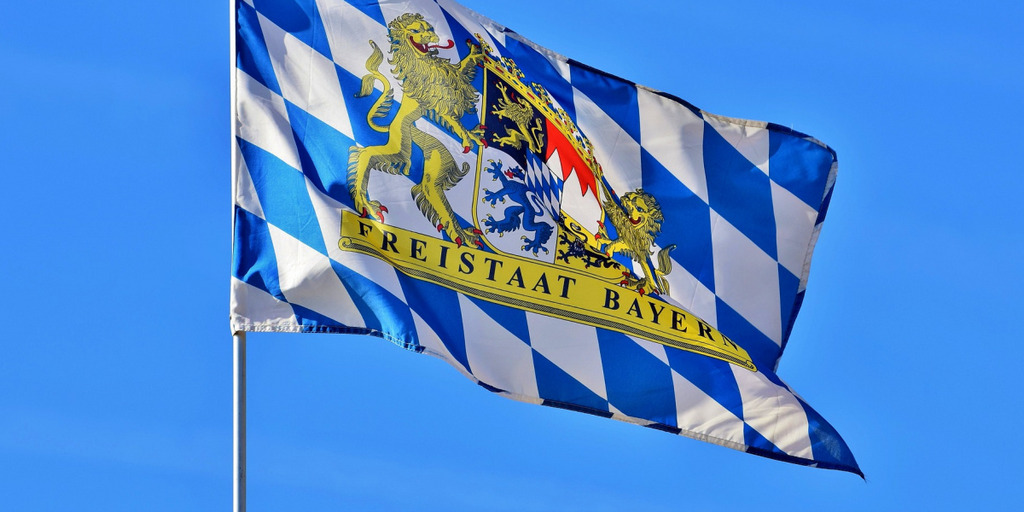With keenly awaited state elections ticking closer, Bavaria's conservative party, the Christian Social Union (CSU), is looking vulnerable. A string of forecasts have tipped the sister party of Chancellor Angela Merkel's Christian Democratic Union (CDU) to lose its long-standing absolute majority in the October 14 ballot.
That would mark a major shake-up in the state, which has been effectively run by the CSU for most of the post-war period. It would also weaken the party's political punch in Berlin, where it has recently caused a string of headaches for Merkel's coalition.
Bavaria, which takes up a fifth of Germany's total area and is home to some 13 million people, is being viewed as a litmus test for the political mood nationwide. But it also has specific traits. Home to major international firms like BMW and Siemens, Bavaria has the second highest gross domestic product of any German state, underpinning its nationwide influence. That is paired with strong traditional roots, as reflected in the "laptops and lederhosen" slogan.
Political parties are vying with one another to tap into the region's niche interests, with mixed success. A series of public opinion surveys since July have shown the CSU sinking. Meanwhile, there has been an uptick in support for the Greens and especially for the far-right Alternative for Germany party (AfD) which is siphoning support away from the traditional conservative party. This means that the election is also seen as a test of the CSU's ability to withstand the far-right populists.
And many are predicting that CSU heads will roll if the party fares as badly as forecasted. After all, the last time the party was in the doldrums in the 2008 state election, party leader Erwin Huber and Prime Minister Günther Beckstein stepped down after the CSU slipped to a low of 43.4 percent. This time round, the party would cheer such a result.




